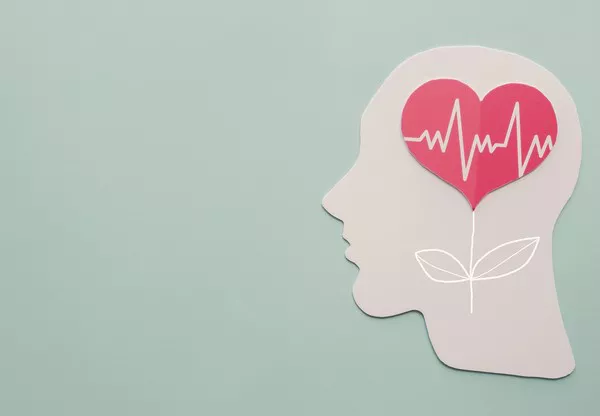A recent study led by researchers at University College London (UCL) has found a significant link between poor mental health and the tendency to browse negative content online, a behavior that may exacerbate mental health symptoms. The findings, published in Nature Human Behaviour and funded by Wellcome, suggest a causal and bi-directional relationship between mental health and online browsing habits.
The research team developed a plug-in tool that adds “content labels” to web pages—similar to nutrition labels on food products—to help users make informed decisions about the content they consume. These labels highlight the emotional impact of web content alongside its practicality and informativeness.
Co-lead author Professor Tali Sharot, affiliated with UCL Psychology & Language Sciences, the Max Planck UCL Centre for Computational Psychiatry and Ageing Research, and the Massachusetts Institute of Technology, stated, “Our results show that browsing negatively valenced content not only mirrors a person’s mood but can also actively worsen it. This creates a feedback loop that can perpetuate mental health challenges over time.”
The study involved over 1,000 participants who answered questions about their mental health and shared their web browsing histories. Utilizing natural language processing techniques, the researchers analyzed the emotional tone of the web pages visited by participants. The results revealed that individuals experiencing poorer mental health were more likely to engage with negative content. Moreover, those who browsed negative content reported feeling worse afterward, reinforcing the cycle between mood and content consumption.
In a follow-up experiment, the researchers manipulated participants’ online experiences by exposing some to negative content while others viewed neutral content. The findings indicated that those who encountered negative websites reported a decline in mood, demonstrating a causal effect of negative browsing on emotional well-being. Furthermore, when given the opportunity to browse freely afterward, participants who had previously viewed negative content tended to select more negative material, illustrating the bi-directional nature of the relationship: negative content affects mood, which in turn drives the consumption of more negative content.
PhD student Christopher Kelly, co-lead author of the study, remarked, “Our results contribute to the ongoing debate regarding the relationship between mental health and online behavior. While most existing research has focused on the quantity of online use—such as screen time or social media frequency—our study emphasizes the emotional tone of the content consumed and its causal relationship with mental health and mood.”
To explore whether interventions could alter web-browsing choices and improve mood, the researchers conducted an additional study. They introduced content labels to Google search results, indicating whether each result was likely to improve, worsen, or have no impact on mood. Participants were more inclined to select positively labeled sites, and those who engaged with positive content reported better moods afterward.
In response to these findings, the researchers have developed a free browser plug-in that adds labels to Google search results, providing three ratings: the practicality of the content, its informativeness, and its potential impact on mood.
Professor Sharot emphasized the importance of this approach, stating, “Just as we rely on nutritional labels to make informed decisions about our food, a similar system could empower individuals to make healthier choices about the content they consume online.”
Related Topics:
-
Multiple Sclerosis Drugs Can Help People With Reduced Working Memory
-
Research Emphasizes That Air Pollution Is A Key Environmental Factor At Risk For Autism
-
Singer Amy Grant Emphasizes The Need For Support To Combat Women’S Heart Disease


